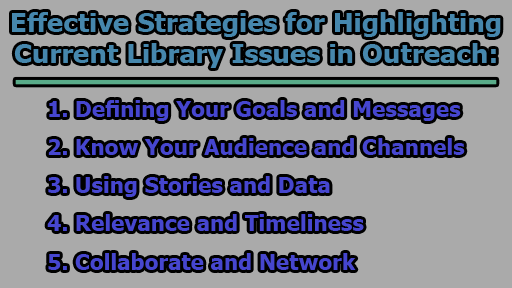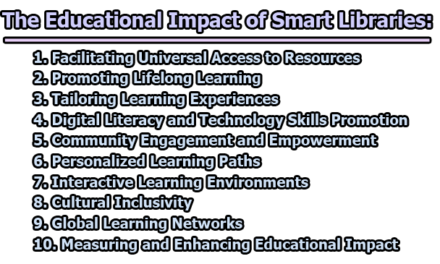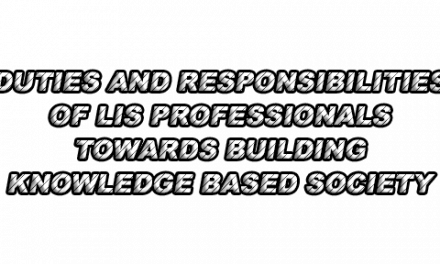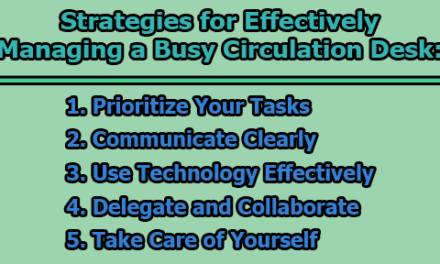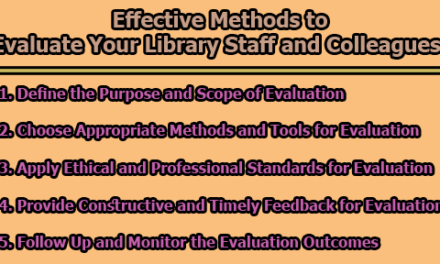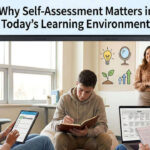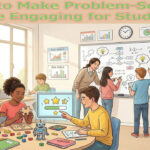Effective Strategies for Highlighting Current Library Issues in Outreach:
Libraries are more than just repositories of books and resources; they are vital community hubs that address a multitude of issues, support lifelong learning, and foster innovation. In today’s rapidly evolving world, libraries face a unique set of challenges and opportunities, and it is essential to effectively communicate these issues to their audience. In the rest of this article, we will explore some of the effective strategies for highlighting current library issues in outreach.
1. Defining Your Goals and Messages: Before embarking on any outreach activity, it’s crucial to define your goals and messages. Do you want to inform, educate, persuade, or inspire your audience? Are you looking to promote a specific service, program, or resource? Or perhaps, your library is facing a challenge, and you want to address it? Knowing your objectives will help you craft clear and compelling messages that resonate with your target audience and highlight the benefits and impacts of your library.
2. Know Your Audience and Channels: Understanding your audience is fundamental to successful outreach. Who are you trying to reach, and why? What are their needs, interests, preferences, and behaviors? Your outreach efforts should be tailored to meet these unique characteristics.
Identifying the channels your audience uses is equally important. Some potential channels include social media, newsletters, blogs, podcasts, webinars, flyers, posters, brochures, events, and presentations. Choosing the right channel ensures that your message reaches the right people. You should also consider the tone, style, and language that best suit your audience and messages.
3. Using Stories and Data: Stories and data are powerful tools for highlighting current library issues in your outreach. Stories can make the emotional and human aspects of your library’s mission come alive. Share anecdotes of how your library has changed lives, supported communities, or fostered creativity and innovation. These narratives resonate with your audience on a personal level.
Data, on the other hand, provides factual and logical evidence of your library’s value and impact. It’s essential to demonstrate how your library meets the needs of your community, delivers value, and achieves positive outcomes. By combining stories and data, you can effectively support your messages and persuade your audience of the significance of library issues.
4. Relevance and Timeliness: Staying relevant and timely is key to capturing your audience’s attention. Link your library issues to the current trends, events, or needs of your community. Connect your library’s challenges and opportunities to the broader issues that affect your audience, such as the pandemic, the economy, the environment, or social justice. Leveraging seasonal, cultural, or historical occasions can also help your message resonate with your audience.
Furthermore, it’s essential to respond to emerging or urgent issues that require your library’s attention or action. Whether it’s budget cuts, policy changes, or user feedback, your library’s response can demonstrate its commitment to addressing current concerns.
5. Collaborate and Network: Collaboration and networking can amplify your outreach and highlight library issues. Partner with other libraries, schools, nonprofits, businesses, or media outlets that share your goals and interests. Co-creating, co-hosting, or co-promoting outreach activities can expand your reach and impact.
Connecting with influencers, experts, advocates, or allies who endorse your library’s mission can enhance your outreach efforts. Seek opportunities to join or create networks, communities, or platforms that can help you engage with your audience and stakeholders effectively.
In conclusion, highlighting current library issues in your outreach is essential for keeping your library relevant and engaging with your community. By defining your goals and messages, knowing your audience and channels, using stories and data, staying relevant and timely, and collaborating with like-minded partners, your library can effectively communicate its challenges and opportunities, ultimately fostering a stronger connection with your audience and enhancing your library’s impact on the community.

Library Lecturer at Nurul Amin Degree College

